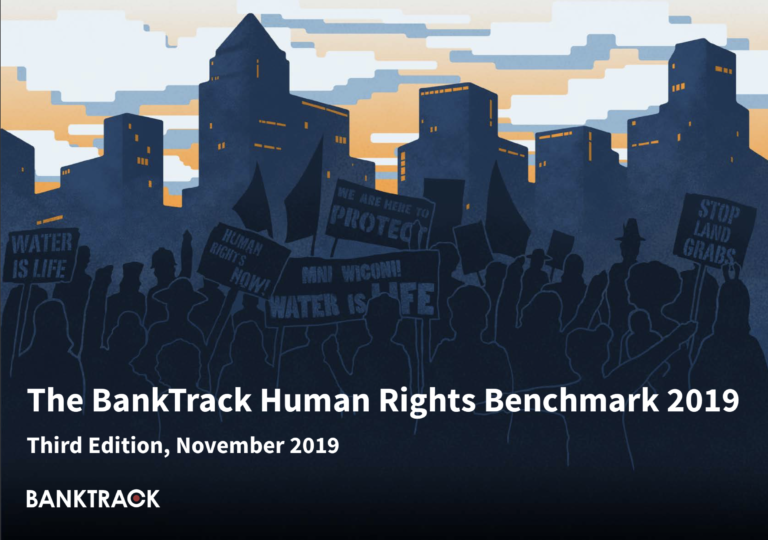Compendium of relevant reference materials and resources on ethical sourcing and prevention of trafficking in human beings for labour exploitation in supply chains
LegislationPublicationsThe objective of the Compendium of Resources is to take stock of the existing legislation, policies, guidelines, recommendations, reports, studies, and other types of initiatives developed to better understand and respond to the global problem of tra...Read More

